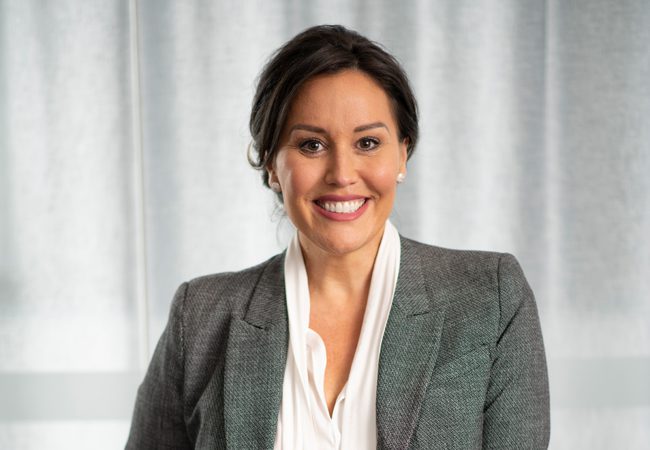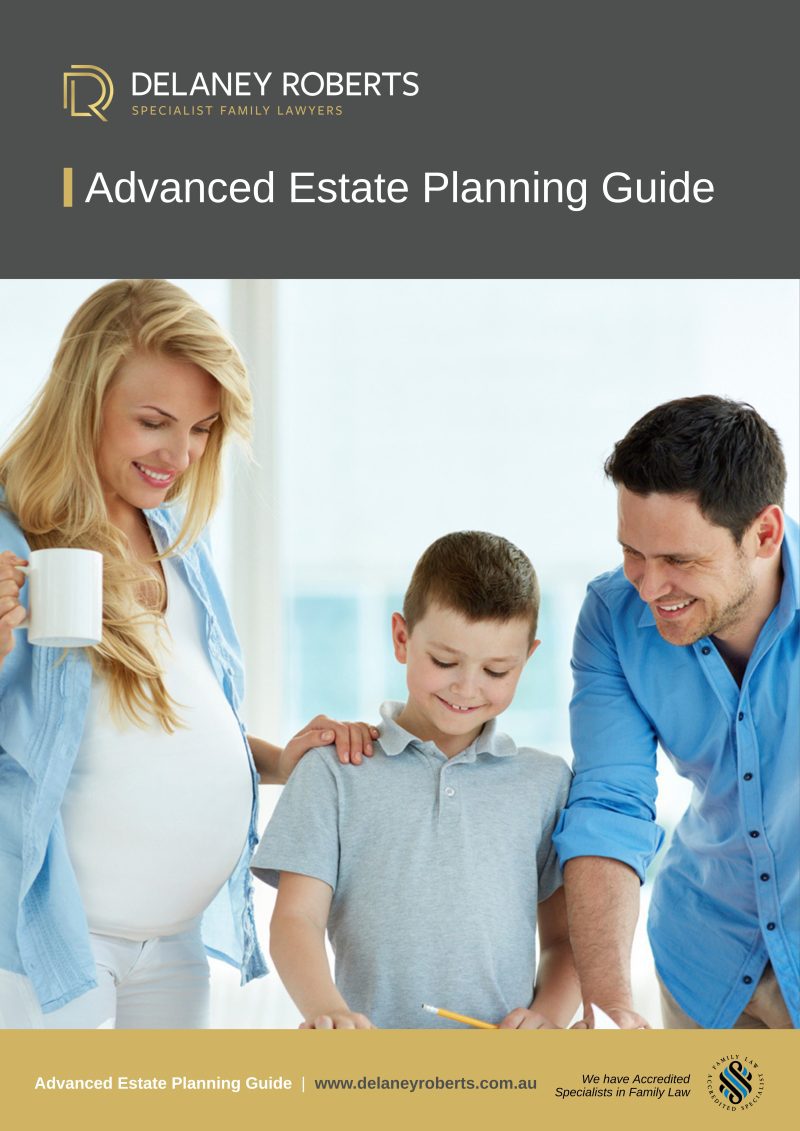One of the most common questions we have received in the past weeks has been whether parents must (or should) comply with pre-existing parenting arrangements during COVID-19 lockdown.
This was particularly so, as there was confusion as to whether informal (non-Court ordered) parenting arrangements constituted an exemption.
The good news is that in most states there is an exemption specifically in place to allow for parenting arrangements to occur whether they are Court Ordered or not in an area under stay-at-home Orders.
In NSW, Item 13 in schedule 1 of the Public Health (COVID-19 Additional Restrictions for Delta Outbreak) Order 2021 provides an exemption.
There is also an exemption under Item 11 of the same schedule for “undertaking any legal Obligation” which would apply if there are Court Orders in place, including where there are Court Orders for children to spend time with someone who is not mentioned under Item 13 (for example, grandparents).
3 TIPS For Managing Existing Parenting Arrangements During Restrictions
- State and territory border requirements are constantly changing, and not always uniform, so if your parenting arrangements cross state or territory borders it is best to obtain legal advice.
- It is also good idea to carry a copy of your Court Orders or Parenting Plan when leaving your home to implement parenting arrangements.
- Sometimes parents might agree to vary their usual parenting arrangements when there are restrictions in place, for example to minimise movement or to facilitate home-school arrangements. This is okay if both parents agree, in writing where possible.
Changing Parenting Arrangements Due to Restrictions
If you are thinking about changing your parenting arrangements temporarily due to restrictions, you may want to consider the following:
- Whether it would be helpful to minimise movement between households;
- Whether your current change over location is appropriate and Covid safe;
- Whether the children are learning from home, and who can best facilitate that;
- Whether children will be subject to Stay-at-home Orders if they are travelling to an area which is not subject Stay-at-home Orders; and
- Whether anyone in the family is displaying symptoms, has been classified as a close or casual contact, or has had to undergo testing.
States other than NSW
In Victoria, parenting arrangements are allowed to continue under item 12 (b) of the Stay at Home Directions (Metropolitan Melbourne) (No 3) and Item 4(d) of the Stay Safe Directions (Regional Victoria) (No 7) allows parents to enter Melbourne from regional areas to meet obligations in relation to shared parenting or family contact arrangements.
In Canberra, the exemption for parenting arrangements is slightly narrower.
Under Item 2 (r) of the Public Health (Lockdown Restrictions) Emergency Direction 2021 (No 1) you may leave your residence if;
“for children under 18 years who do not live in the same household as their parents or siblings or one of their parents or siblings—to continue existing arrangements for access to, or contact between, parents and children or siblings, other than access to or contact with person who is at high or moderate risk of serious illness from COVID-19”.
There is also an exemption to enter the ACT at Item 25(f) allowing entrance to the Territory to fulfil an obligation relating to shared parenting or child contact.




















